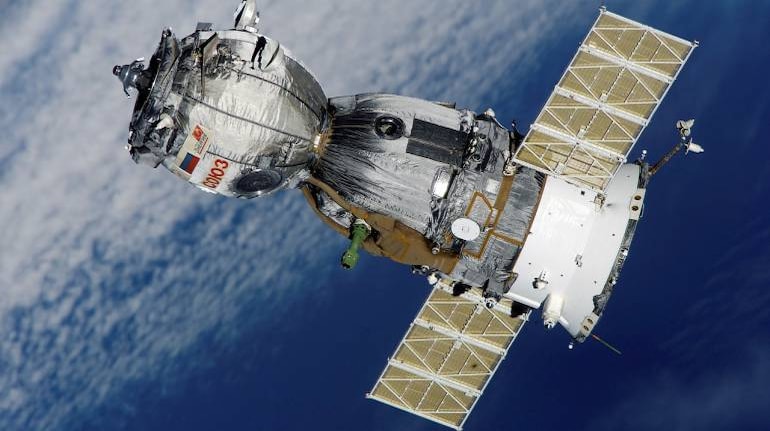



The PSLV-C39/IRNSS-1H launch is the second PSLV launch this year and making it the Indian Space Research Organisation's (ISRO) third satellite lift-off this year. It is scheduled at 7 pm. today from Satish Dhawan Space Centre at Sriharikota.
The Indian Regional Navigation Satellite System (IRNSS) will be launched in a sub-Geosynchronous Transfer Orbit backing up IRNSS-1A. A backup is required as IRNSS-1A is beginning to deteriorate. The IRNSS-1H is equipped with US-based GPS. Till date, ISRO has launched 7 IRNSS satellites.
The IRNSS satellite series is focussed on navigating and tracking marine, terrestrial, vehicle, routes, etc, making it India's very own GPS tracker. The tracker will help in airport and railway navigation as well. The satellites carry two payloads- navigation and ranging payload - which help in achieving the GPS goals as it will transmit its services to the users.
For the first time, Bengaluru-based Alpha Design Technologies, a private sector firm, is actively involved in assembling and testing the satellite. The firm is said to have contributed 25 percent to the total development of the satellite. Earlier, private sector firms used to provide only the supplements required to construct the satellite.
In June, ISRO launched the PSLV-C38/Cartosat-2 Series Satellite which aimed at capturing pictures of the earth. This will, in turn, help in updating maps. It will also capture India's road network, water distribution, etc.
The Polar Satellite Launch Vehicle (PSLV) launch vehicle, PSLV-XL, will carry the 1425 kg IRNSS-1H. PSLV is a part of ISRO's stream of launch vehicles which aims to click images, track the movements in the orbit near the sun with its Indian Remoting System and track real-time navigation. Along with the Indian launches, it carries foreign-origin satellites as well.
All the launches this year have shown signs that ISRO is driven to step up India's space exploration. The GSLV MK III-D1, 'fat boy', launch was the first where ISRO will henceforth be self-reliant in launching heavy rockets. Earlier, ISRO was dependent on foreign launchers, helping them compete in the world market. ISRO will now also be able to save on the extra costs spent in hiring foreign launchers to launch satellites weighing above 2,300 kgs.

Discover the latest Business News, Sensex, and Nifty updates. Obtain Personal Finance insights, tax queries, and expert opinions on Moneycontrol or download the Moneycontrol App to stay updated!
Find the best of Al News in one place, specially curated for you every weekend.
Stay on top of the latest tech trends and biggest startup news.